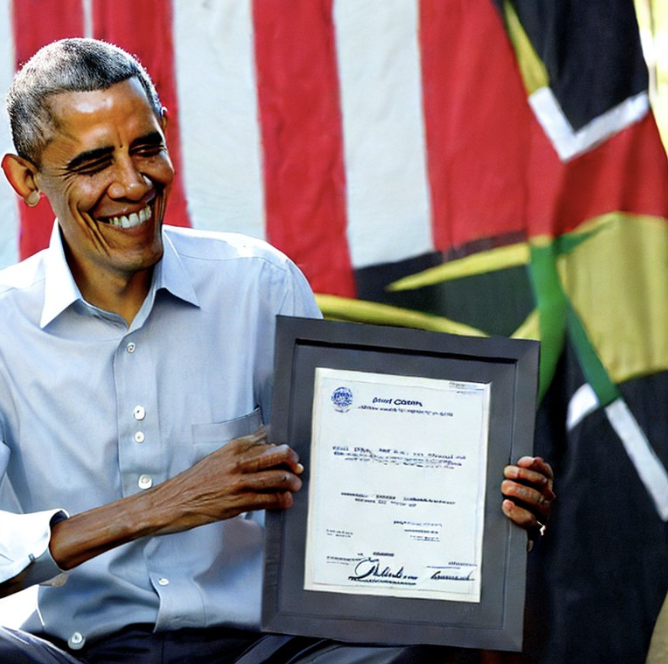Welcome to the POST-TRUTH epidemic: Digital tecnology has weaponised
THE PRIMACY OF EMOTION OVER FACT
The dictionary defines Post-Truth as the ‘circumstances in which objective facts are less influential in shaping public opinion than appeals to emotion and personal belief’.
Feelings trump facts; sensation beats data;
the old gatekeepers of verification lose their power.
Had Barack Obama been born on American soil? Never mind the evidence.
What did your feelings and your social media newsfeed tell you?
Was the world run by a satanic child abuse conspiracy? Suddenly, there where hundreds of thousands of people on Facebook and Twitter saying that it was.
The roots of Post-Truth are deep, but two main forces have converged to create this crisis in news, information and public debate. First, trust in most traditional institutions has never been lower: in the political system, traditional media, the post-Crash financial sector, the justice system, even the scientific community. Second, digital technology has weaponised the primacy of emotion over fact; amplified shrillness; and rewarded intensity with clicks and likes on social media platforms, driving users towards content that strengthens their existing prejudices instead of challenging them.
Source:[2][2.1]
with his Kenyan birt certificate
@StableDiffusion
Post-Truth is ‘political subordination of reality’. It’s a parallel world, with its own rules and laws, which political powers hijack to serve their own interests and social media expands beyond the limits of time and space.
Politicians don't bear all the responsibility for what's happening. Our societies and culture are also responsible. It could be a form of escapism because we are living in difficult times and in difficult times people's behavior becomes very unpredictable.
Even more it becomes difficult to observe, analyze and understand, even from a scientific and philosophical standpoint.
– Lee McIntyre
Since the beginning of humanity's quest for knowledge, philosophers from all over the world, from every school of thought, from every cultural background, have been pondering one concept above all others: TRUTH. For millennia, the mission of wise men and women has been to reveal the authentic knowledge that lies beyond the imperfect and unreliable perception of our senses, above the flawed mechanism of our mind. For centuries, the quest for true knowledge, for truth, has been the fundamental scope of philosophical and scientific research, the heart beating in civilization's chest, the engine of humanity's machine of progress.
Then something changed, though it is difficult to pinpoint the exact moment in time and location in space in which this change manifested itself. For some, it was the Watergate. For others, it was the 1990/91 Gulf War. Or 9/11. Or the wars in Afghanistan and Iraq. Or the the 2016 US presidential election. Regardless of time and space, there has been a moment in recent history in which we, as society – even more, as a species – decided that there are situations, in our political, social and cultural life, in which "objective facts are less influential in shaping public opinion than appeals to emotion", as Oxford Dictionaries explained in 2016, defining a word very few people outside academic circles had encountered up until that moment:POST-TRUTH.
For most of human history, shared mythologies and tribal stories have done more to explain human behaviour than the cool assessment of verifiable evidence. Every society has its founding legends that bind it together, shape its moral boundaries and inhabit its dream of the future. Since the Scientific Revolution and the Enlightenment, however, these collective narratives have competed with rationality, pluralism and the priority of truth as a basis for social organisation.
What is new is the extent to which, in the new setting of digitalisation and global interconnectedness, emotion is reclaiming its primacy and trust is in retreat.
It is not that honesty is dead: what psychologists call "truth bias" remains a fundamental component of human character. But it is now perceived as one priority among many, and not necessarily the highest. Sharing your innermost feelings, shaping your life-drama, speaking from the heart: these pursuits are increasingly in open competition with traditional forensic values.